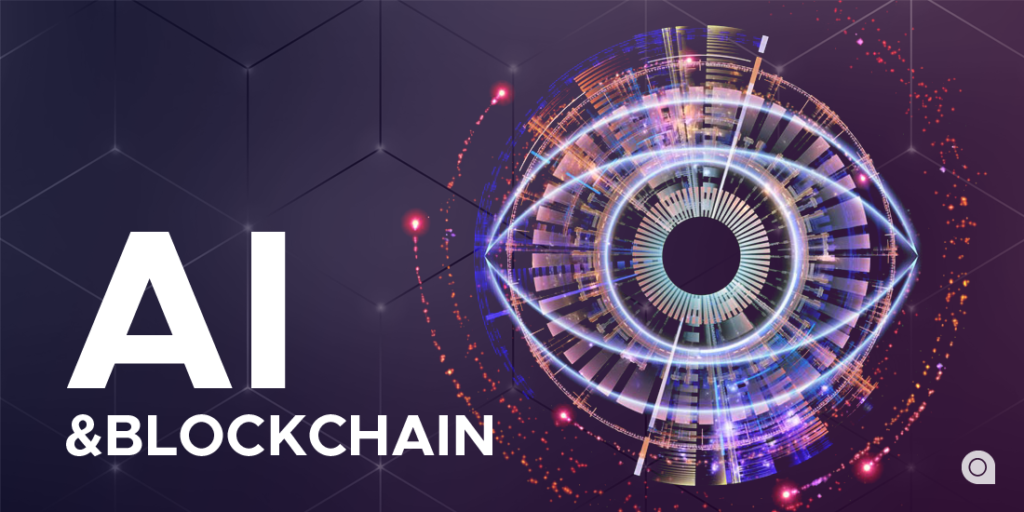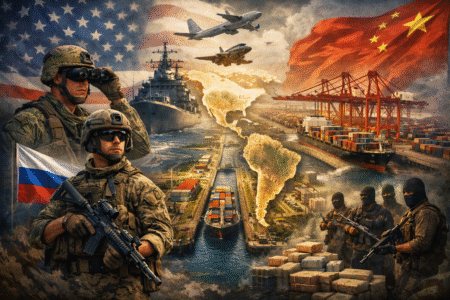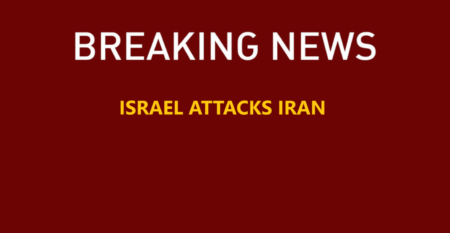
Blockchain: The Future of Decentralized AI Systems
Blockchain has the potential to serve as a robust foundation for decentralized AI systems, promoting transparency and fairness while ensuring universal access to both technology and its rewards. It can democratize access to essential AI resources like computing power and data, especially as the demand for these resources grows with increasingly powerful AI models.
By utilizing blockchain, AI resources can be distributed across open networks, creating a more equitable environment for smaller players and fostering collaboration. This ensures that data contributors are fairly compensated for their efforts.
Challenges to Overcome
While the concept of a decentralized AI ecosystem is appealing, challenges related to data access, management, and integration with existing systems need to be addressed. Blockchains often face architectural limitations, functioning like slow, single-table databases that are not agile enough for the large data volumes required by AI. Furthermore, they struggle with compatibility with other blockchains and data environments, leading enterprises to implement complex solutions that can introduce centralization and security risks.
Innovative Solutions
Several innovative solutions are emerging to bridge the gap between blockchain and AI. Space and Time has developed a decentralized data warehouse that facilitates seamless communication between blockchains and enterprise systems using a Proof-of-SQL consensus mechanism, allowing smart contracts to access external data.
OG has rebranded its modular AI blockchain to a ‘Decentralized AI Operating System’ (dAIOS), coordinating decentralized resources for AI applications. Meanwhile, SQD is addressing blockchain data access by creating a data indexing tool that aggregates on-chain data, making it easier for applications to query and retrieve necessary information.
AI Enhancing Blockchain
AI can enhance blockchain security by monitoring transactions for anomalies and improving smart contracts through predictive analytics and natural language processing. Additionally, AI can analyze the provenance and condition of tokenized real-world assets, aiding in accurate market valuations and automating the conversion of these assets into digital tokens.
As the AI industry grows, the need for decentralization becomes critical to ensure an open and competitive landscape. Blockchain is poised to facilitate this, leading to AI tools that prioritize simplicity, privacy, and user-friendliness.
Experts believe that the convergence of AI and blockchain will democratize access to AI resources and ensure fair compensation for data contributors. There is an urgent need to prevent the concentration of AI power among a few companies, reinforcing the importance of true ownership and provenance of AI assets.
Source: artificialintelligence-news.com






